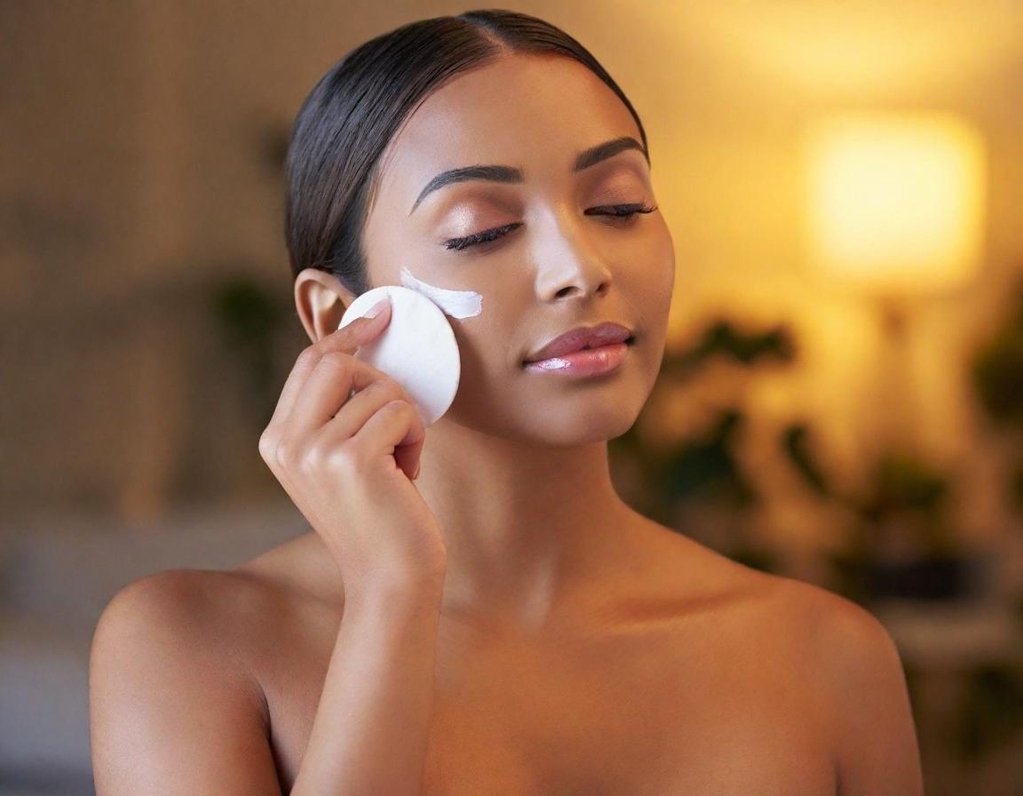Best Sunscreen for Summer: Expert Tips to Choose the Right SPF for Your Skin Type
Last Updated On:

As the sun gets brighter, the need for sun protection increases. Don't worry! We have our expert to give you the best sunscreen options.
Summer is here, and so is the sun! But before heading outside in those beautiful rays, make sure you have the best sun care sunscreen. There are so many options available; it can feel complicated to find the right one for you. Let us help with some expert tips from Dr Neha S Arora, Director of Arbro Pharmaceuticals and Co-Founder of Ningen.
Tips for Choosing the Right Sunscreen
To make things easy, we'll take you through a few tips that will help you find the right sunscreen for you.
What SPF Should Your Sunscreen Have?
Dr Neha said that sunscreen with at least 30 SPF is great sunscreen. If you will be outdoors for an extended period of time, look for 50 SPF to help protect your skin and hopefully lessen the damaging effects from intense UV rays.
SPF, or Sun Protection Factor, is a measure of how well a sunscreen protects against UVB rays, the rays that cause sunburns and some skin cancers. An SPF 30 sunscreen blocks about 97% of UVB rays, and an SPF 50 sunscreen blocks about 98%. Although this may seem inconsequential, it could be significant if you are outdoors for several hours and need to reapply every two hours, especially after swimming or sweating.
What Should Your Sunscreen Not Have?
As our specialist explained, sunscreen products with hyaluronic acid may hydrate your skin better, while a product with retinol may cause skin allergies and irritation and even promote more absorption of sun rays into your skin. You must pay close attention to the ingredients in your sunscreen.
In addition, avoid sunscreens with alcohol, fragrances, or parabens if you have sensitive skin or dry skin so these products do not further dry and irritate your skin over time, and you are lessening the effectiveness of your sunscreen as well. Always check the label and do a patch test before applying a new product to your skin.
Which One Is Better For Your Skin: Mineral Or Chemical Sunscreen?
According to experts in dermatology, mineral sunscreens are the superior choice because they contain naturally derived ingredients. There will always be some degree of risk of an allergy or reaction with chemical sunscreens. The markets are flooded with the options of mineral and chemical sunscreens. The typical consumer could choose from hundreds of options, products or hybrids depending on their skin type and preference.
Mineral sunscreens by nature are made with physical blockers such as zinc oxide or titanium dioxide, blocking UV rays by sitting on the surface of the skin and deflecting them. Chemical sunscreens absorb UV rays, converting them into heat, and then release this heat into the skin. While mineral sunscreens may be more tolerable for sensitive skin types, chemical sunscreens may be lighter and more appealing in a cosmetic sense—this all comes down to personal preference and compatibility.
How To Choose?
Sunscreens should be selected for your skin type. There is a sunscreen that is suitable for your skin type of either oily, dry, or sensitive skin. For example, if you have acne-prone skin, look for product labels that say either 'non-comedogenic' or 'oil-free'.
Individuals with dry skin should choose a hydrating sunscreen that contains moisturising ingredients such as ceramides or glycerin. Those with oily or combination skin should look for a gel-based or matte-finish sunscreen. This will help with the shiny forehead look and minimise breakouts. If you have sensitive skin, fragrance-free and hypoallergenic sunscreen would work.
In the end, the best sunscreen is the one you will use every day. Sunscreen is not only a summer safe haven, but it is also a year-round protection for healthy skin.
You may also like
D-Tan Face Packs for Instant Glow and Clear Complexion
Whether it's dark spots, dryness or the hardest tan, an effective D-tan face pack can restore the clarity of the skin. These packs, developed by the major beauty brands such as O3+, Foxtale and VLCC, are meant to brighten, exfoliate and keep the skin hydrated simultaneously.
Which Lipstick Gives the Best Matte Finish? L'Oreal, Mamaearth or Insight
With so many brands, it quickly becomes an overwhelming decision which one to choose from. L'Oreal, Mamaearth, and Insight are considered low-end brands on Amazon due to their distinctive formulations, finishes, and holding power.
Top 5 Lip Balms for Men That Work on Chapped Lips: Smooth & Hydrated Lips
There is a need to pick the most suitable lip balms for maximum hydration in men without making them look glossy or coloured. It is not only women who use lip balms; men also suffer as their lips become dry, painful, cracked, and scaly, especially in the winter. The non-shiny, nourishing ingredients of a good lips.
Top 5 Premium Perfumes for Men That Last All Day
The choice of a luxury perfume is an investment in fashion and appearance. A quality perfume has a better concentration and high-quality ingredients that can leave the scent lingering on the skin hours after application and cause a lasting impression.

.jpg&w=3840&q=100)

